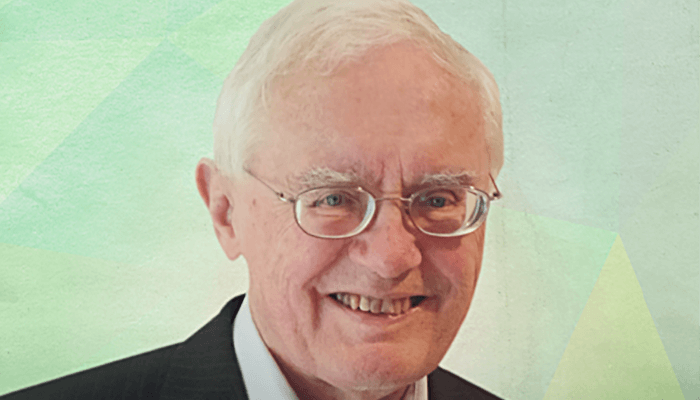
Going with the Flow
Sitting Down With... Gary Christian, Emeritus Professor of Chemistry, University of Washington, USA.

False
Sitting Down With... Gary Christian, Emeritus Professor of Chemistry, University of Washington, USA.

Receive the latest analytical science news, personalities, education, and career development – weekly to your inbox.

Emeritus Professor of Chemistry, University of Washington, USA.
False
False

December 6, 2024
4 min read
Bruker’s multiphoton microscopy module, OptoVolt, ranks third in our Innovation Awards. Here, Jimmy Fong, product development lead, walks us through the major moments during development.

December 4, 2024
1 min read
Researchers develop more stable catalysts for dry reforming of methane – a promising method for carbon capture and utilization (CCU)

December 10, 2024
2 min read
And the technology ranked first in our 2024 Innovation Awards is…

December 11, 2024
10 min read
Meet the products – and the experts – defining analytical innovation in 2024
False